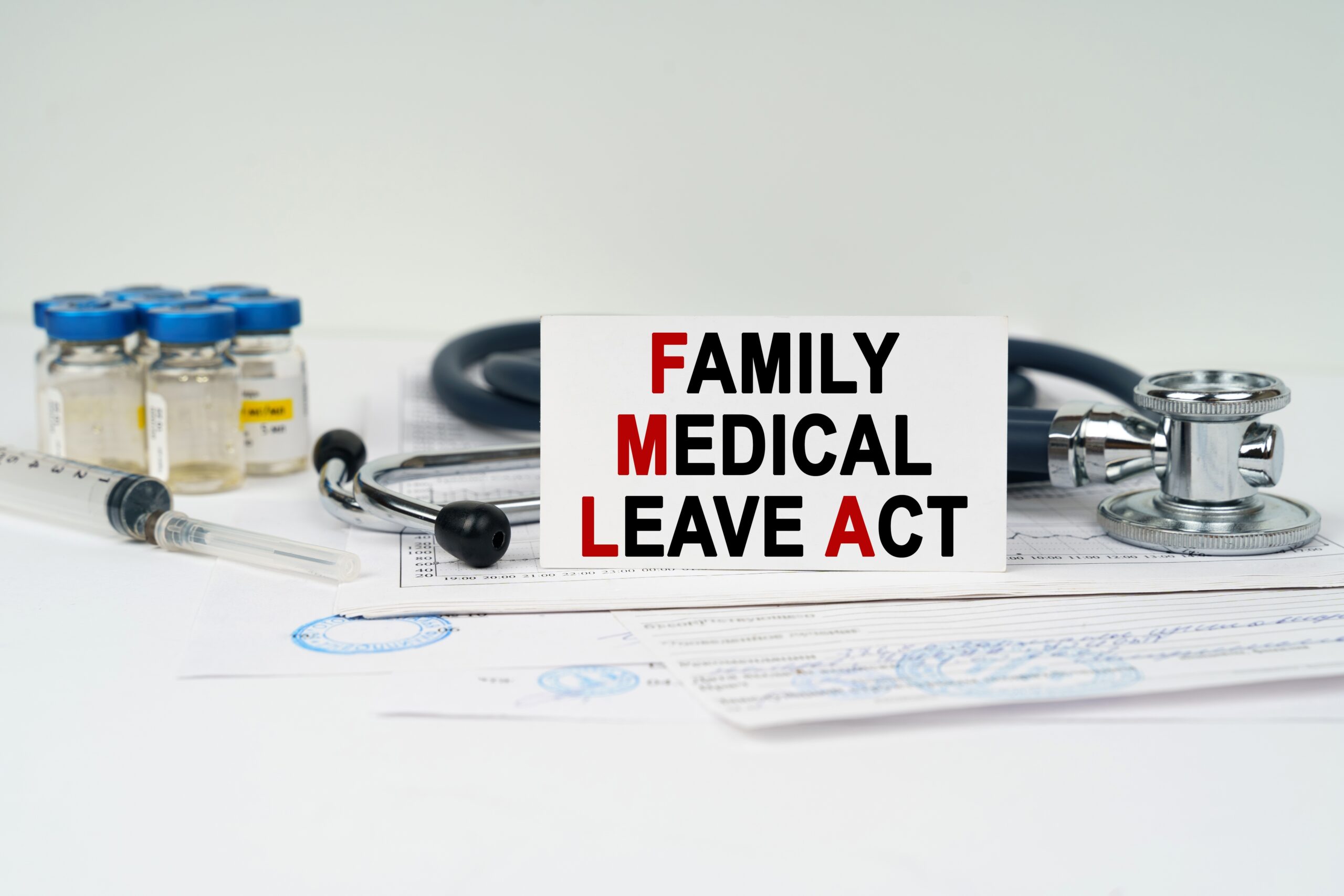Family and Medical Leave
What is Family and Medical Leave
Federal and California laws protect an employee’s job for an employee to take up to 12 weeks of leave per year for certain life events such as: an employee’s own serious health condition; caring for a family member or designated person with a serious health condition; pregnancy or childbirth; bonding with a newborn, adopted, or fostered child; or to address certain “qualifying exigencies” related to service in the U.S. Armed Forces. Employers must continue an employee’s health benefits during their leave.
Employees may also have the right to take “intermittent leave” which means leave in short increments, typically one day or less. Employees may have the right to take intermittent leave for a number of reasons, including chronic medical conditions that require frequent doctor’s appointments.
When employees return to work after taking family and medical leave, they are entitled to return to their same or comparable position at their job in most cases. The same or comparable position means employment in a position that has the same or similar duties and pay that can be performed at the same or similar geographic location as the position held prior to the leave.
It is illegal for an employer to deny an employee family and medical leave. Employers are also prohibited from retaliating or discriminating against an employee who requests or takes such leave.
There are two different laws that may govern job protected leave: the Family Medical Leave Act (FMLA) and the California Family Rights Act (CFRA). Both of these laws offer unpaid, job-protected leave. However, employees may be entitled to receive wage replacement through Paid Family Leave (PFL) or State Disability Insurance (SDI), if they qualify. Employees can apply for PFL or SDI benefits through the Employment Development Department (EDD).
Do you Qualify?
Do I qualify for the California Family Rights Act (CFRA)?
CFRA is a California law that provides 12 weeks of job-protected leave to California employees. To quality for CFRA, an employee must:
- Have worked for their employer for at least 12 months;
- Have worked over 1,250 hours in the 12 months prior to their leave; and
- Work for an employer with 5 or more full-time or part-time employees nationwide.
Qualifying reasons for CFRA leave include:
- An employee’s own serious health condition.
- A serious health condition is an illness, injury, impairment, or physical or mental condition involving either (1) inpatient care in a hospital, hospice, or residential health care facility; or (2) continuing treatment or supervision by a health care provider.
- To care for a child, spouse, domestic partner, parent, parent-in-law, grandparent, grandchild, sibling, or a designated person with a serious health condition.
- A “designated person” is defined as any individual related by blood or whose association with the employee is the equivalent of a family relationship. An employer may limit an employee to one designated person per 12-month period for family care and medical leave.
- Bonding with a new child within one year of the child’s birth, adoption, or foster placement.
- To address certain “qualifying exigencies” related to service in the U.S. Armed Forces
Do I qualify for the Family Medical Leave Act (FMLA)?
FMLA is a federal law that provides protected leave to certain workers throughout the United States. To qualify for FMLA, an employee must:
- Work at a worksite with at least 50 employees or a worksite where the company employs 50 or more employees within a radius of 75 miles;
- Have worked for their employer for at least 12 months; and
- Have worked at least 1,250 hours in the 12 months prior to their leave.
FMLA applies to private-sector employers, public agencies (such as Federal, State, and local government employers, regardless of the number of employees), and local educational agencies (including public school boards, public elementary and secondary schools, and private elementary and secondary schools, regardless of the number of employees).
Qualifying reasons for FLMA leave include:
- The birth of a child or placement of a child with the employee for adoption or foster care.
- To care for a child, spouse, or parent who has a serious health condition.
- A serious health condition that makes the employee unable to work.
- Reasons related to a family member’s service in the military, such as leave for certain reasons related to a family member’s foreign deployment or military caregiver leave when a family member is a current servicemember or recent veteran with a serious injury or illness.
- FMLA provides up to 26 workweeks of military caregiver leave during a single 12-month period, opposed to the normal 12 weeks of leave.

